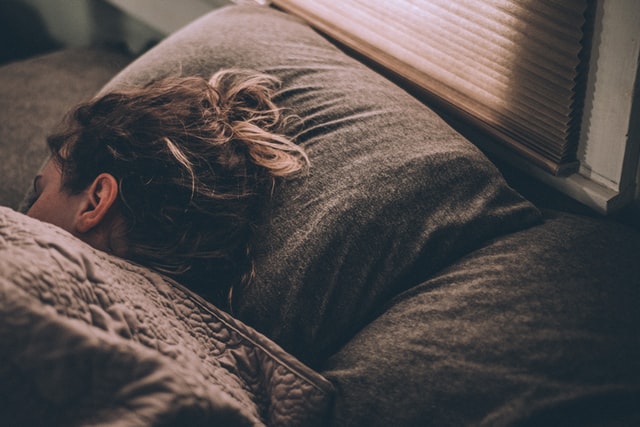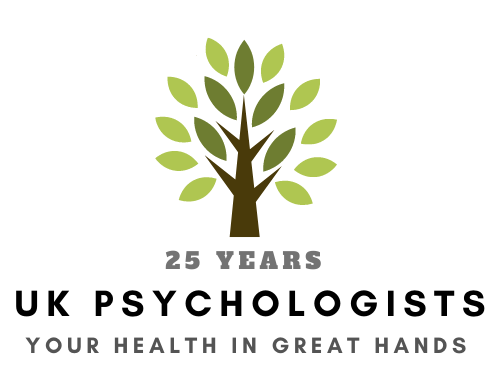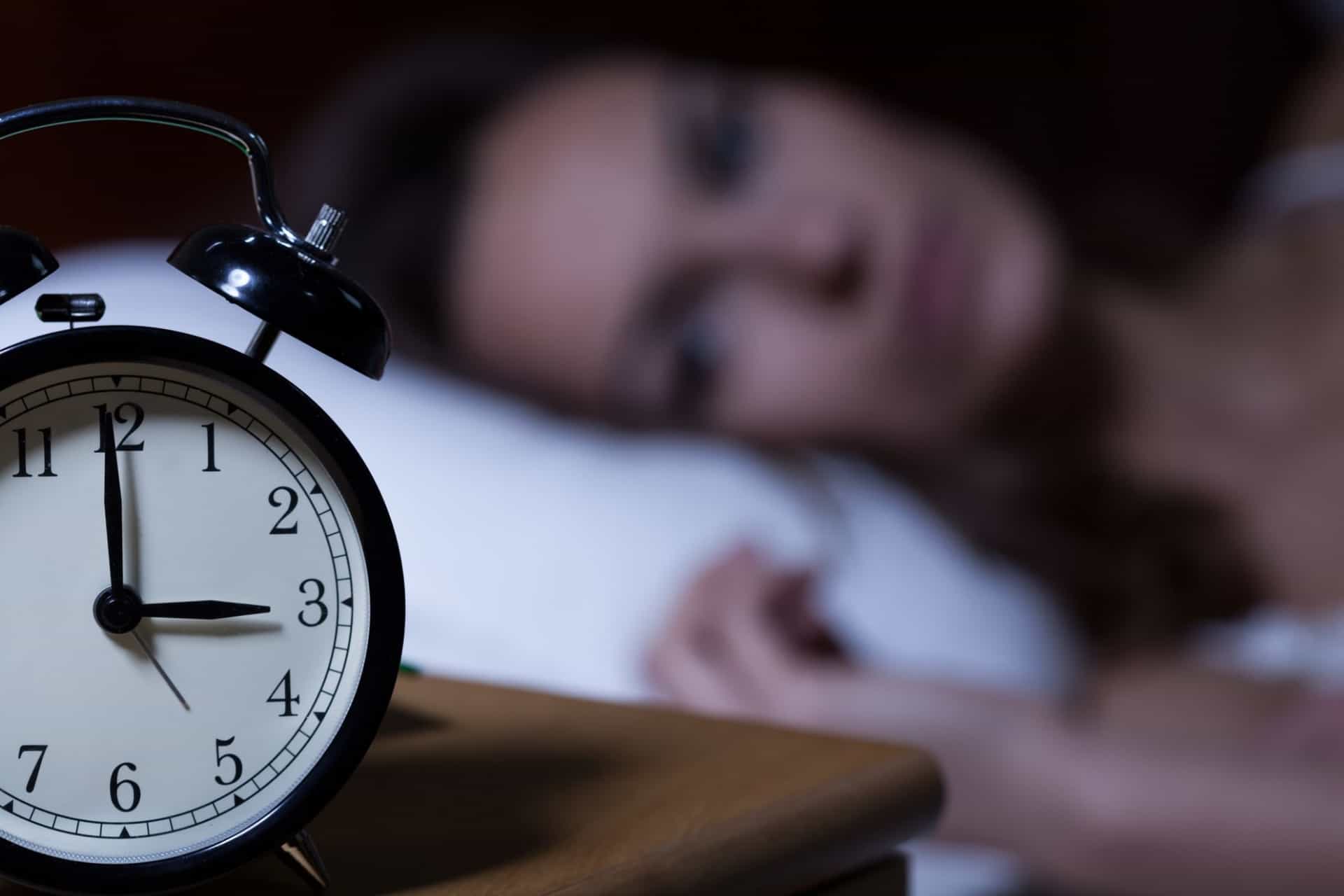Check out what Dr Vicki Creanor, an expert in sleep management thinks about how to improve one’s sleep.
It’s been a strange year. Covid-19 continues to turn our world into something less recognisable and in my clinical practice I’ve noticed a trend in terms of how much it has affected our sleep.
Whether it’s trouble falling asleep, staying asleep, waking too early or just feeling we haven’t had a good sleep, sleep problems were already a problem in our society before Covid showed up. A problem for about 30-50% of us, to be exact.
When I talk to people about when their sleep problems started, I hear different triggers. A change in lifestyle, a house move, a loss, an illness or stress at home or work. Sometimes, though, triggers aren’t obvious. Sometimes, it’s just that we’ve developed bad sleep habits and now it feels like an issue.
We are pretty good at knowing when it’s a problem, though. We get that brain fog, we can’t concentrate on that report we have to write, we get more irritable with the kids or we feel exhausted throughout the day and can’t face much more than watching TV on repeat.
The good news is there is much we can do to help improve our sleep. And this is important because there is constantly building evidence now that poor sleep leads to a number of different health problems – physical and psychological.

So how do we improve our sleep?
Let me share some sleep tips that have helped my clients over the years.
ACTION 1: Improve the bedroom environment
Sometimes the simplest of changes can make a huge difference. Having a cool, quiet, dark bedroom tells the brain it’s night-time and time to sleep, while having a tidy bedroom helps the brain wind down and relax more easily.
ACTION 2: Set a consistent bedtime and wake time
We have all been a bit out of routine over the past 12 months and this sends our body clocks off kilter. Getting into the habit of going to bed at the same time each night and waking at the same time each morning can really help reset the clock and gain a more restful sleep.
ACTION 3: Have a consistent wind-down routine
I don’t know about you, but lockdown for me has led to a lot of days feeling like Groundhog Day! Yet having the same routine before bed can help our brains get into sleepy mode because they start to learn that the same routine always leads to bedtime and they use this as a cue to become sleepy. Incorporating slow-paced, non-stimulating activities into the routine is also important to help the brain switch off – so ditch the late-night sprint around the block for a hot bath and book instead.
ACTION 4: Watch your screen time
Release the inner parent on yourself and monitor how you use screens before bedtime. It’s one of the most common activities we engage in before bed these days, but it’s so unhelpful in a number of ways. It doesn’t help that our emails, WhatsApp, Facebook and Instagram messages seem to ping 24/7 at us. And this, to some extent, may have been comforting in the past 12 months as a way of connecting with others. But screens can emit a blue light, which in the natural environment is emitted in the morning. Hence, it confuses our brain to see blue light in the evening from our phones. When we are exposed to blue light coming from screens in the evening, it inhibits the release of our sleep hormone, Melatonin, which prevents us from getting sleepy. Falling asleep can then feel harder once we eventually switch devices off. Try not to look at screens for one hour before bed and turn on the function on phones that allows the light it emits to turn redder through the day.
The content on these devices is also problematic.. I hear so many people reporting their self-esteem takes a dip after looking at social media because they’re comparing their inner selves to everybody’s outer ‘Insta-friendly’ selves. Not a great way to feel just before you go to sleep…
ACTION 5: Be strict about what happens in the bedroom
If you’re one of the millions of people working from home now, like many of us, you may have set up the bedroom as the new office. But this has, very possibly, totally confused your brain. Now, the bedroom is a subconscious cue for alertness, industry and possible tension during Google Meets. Not a great cue when we go to that place at night to slip into sleep!
Ideally, we want to send as strong a message as possible to the brain that our bedroom is simply for sleep (sexual activity being the one exception). So, setting up your office elsewhere in the house is going to help. But if space is an issue, you can get creative. Some of my clients have made sure the bedroom is bright and airy, with music playing during the day, then dark and quiet at night. Room separators can also help so the brain cannot see the bed while working during the day and the desk cannot be seen when you’re in bed at night.

ACTION 6: DAYTIME TIPS
Lastly, there are some easy things we can all do during the day to help improve our sleep at night. First of all, avoid naps (unless you need them for health or safety reasons). We rely on ‘sleep pressure’ building up throughout the day to help us feel sleepy at night, so even a short 15-minute nap can reduce sleep pressure and affect our ability to fall/stay asleep later. Secondly, limit caffeine to the mornings. The stimulating effects of that early afternoon coffee can actually last for hours and affect the onset of sleep and its quality. And for those who enjoy a tipple at night, the same goes for alcohol. Although alcohol can make us feel sleepy, it disrupts the structure of our sleep, meaning we miss out on chunks of deep sleep that are important for learning and memory. Thirdly, getting plenty of fresh air and sunlight during the day helps teach our body clocks the difference between day and night so it’s better prepared for sleep at night-time. Finally, getting a good amount of exercise during the day is important to help the body feel physically tired enough to sleep at night. Another reason to keep up those daily lockdown walks…
All of these tips can help improve sleep, but there will be times when sleep problems persist. If this is the case, finding a good therapist who can work on a one-to-one basis with you is recommended. If you’re struggling with your sleep, please contact us at www.UKPsychologist.uk to find out more about how we can help.
Written by Sleep expert Dr Vicki Creanor







